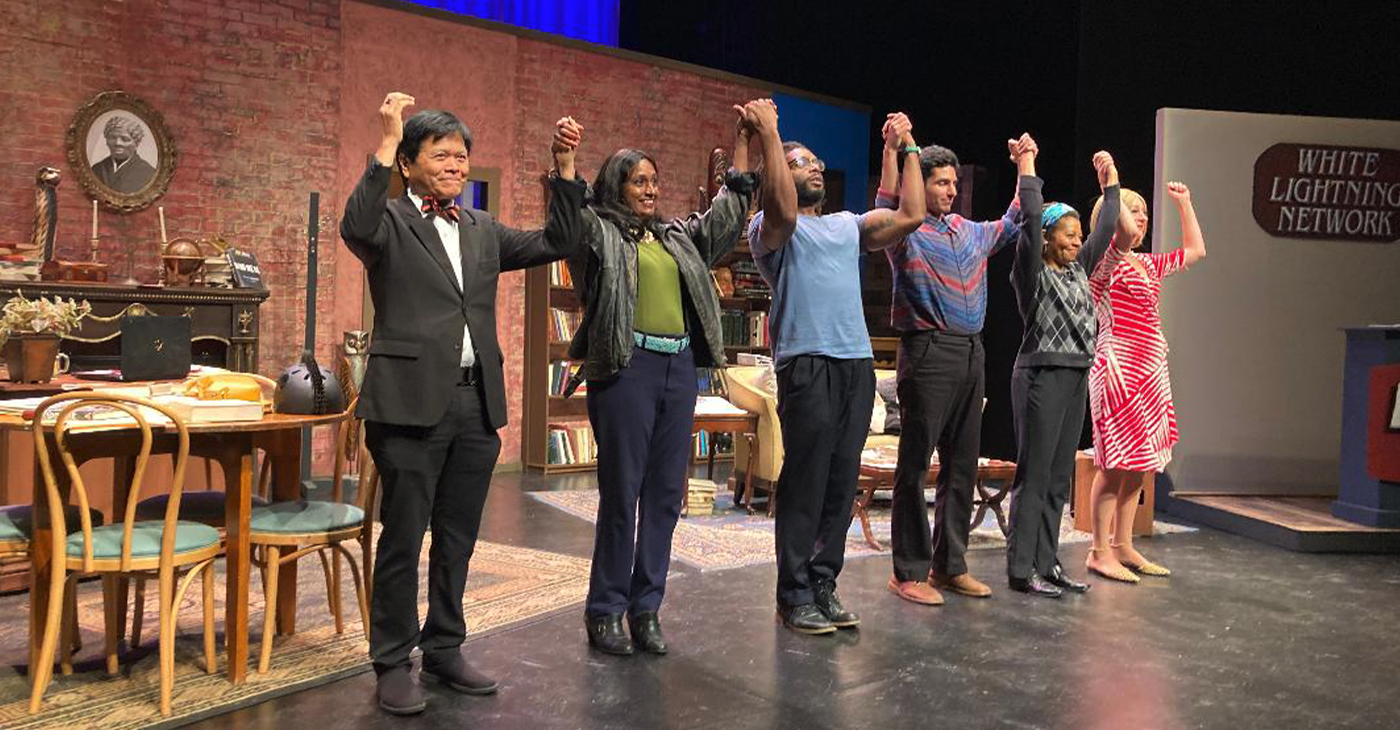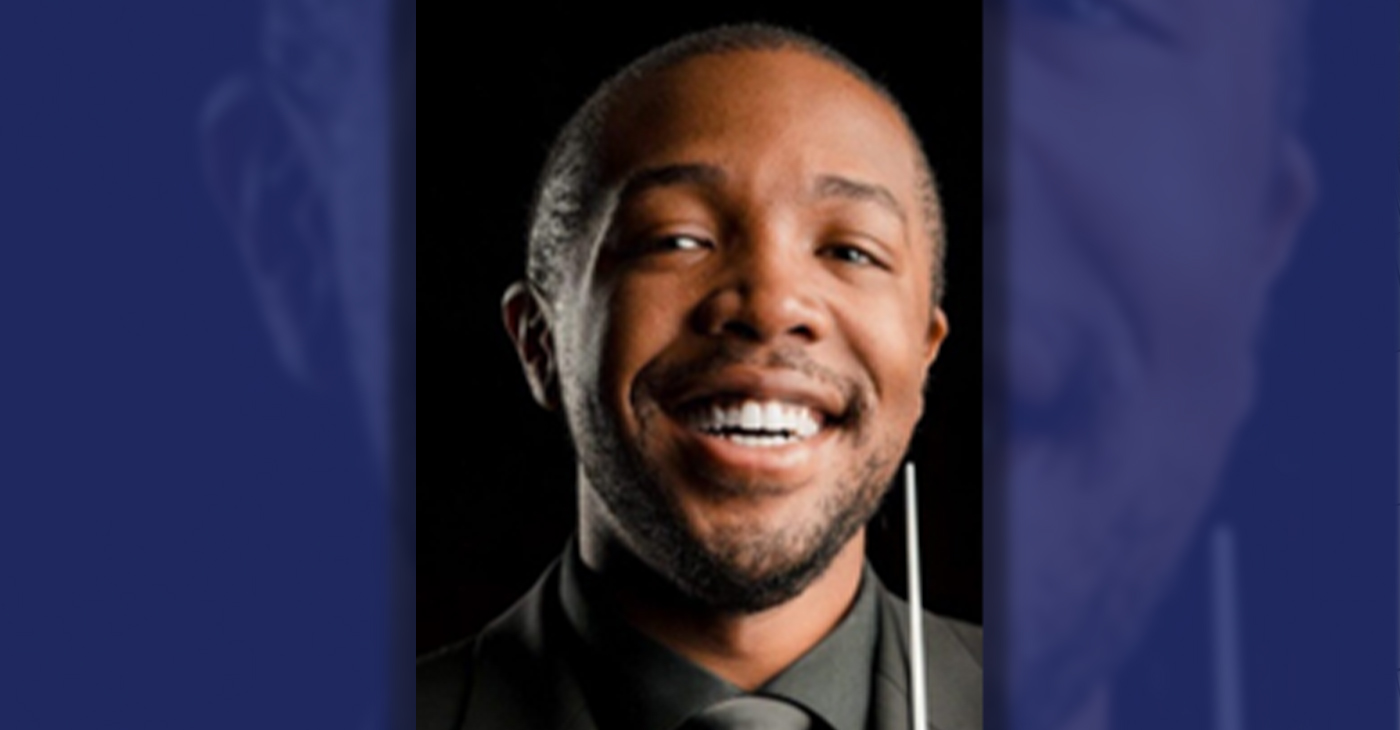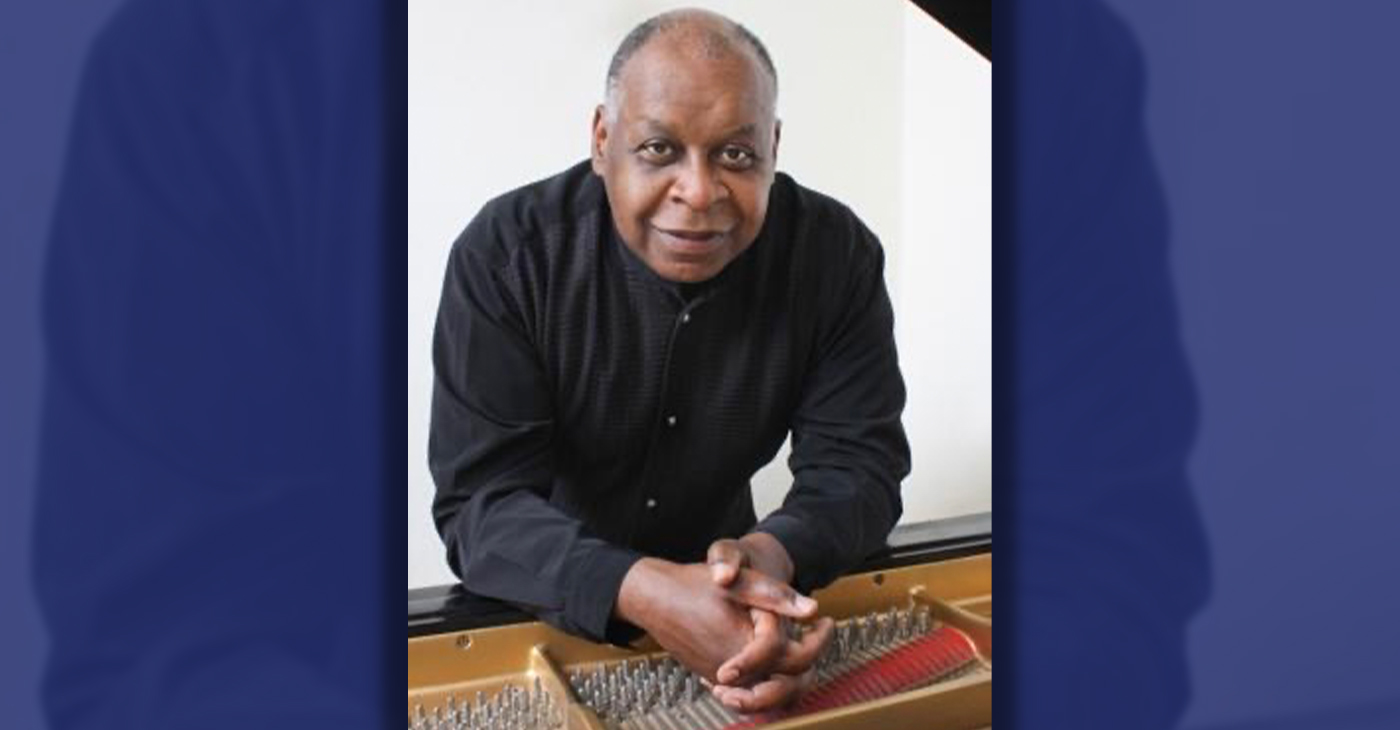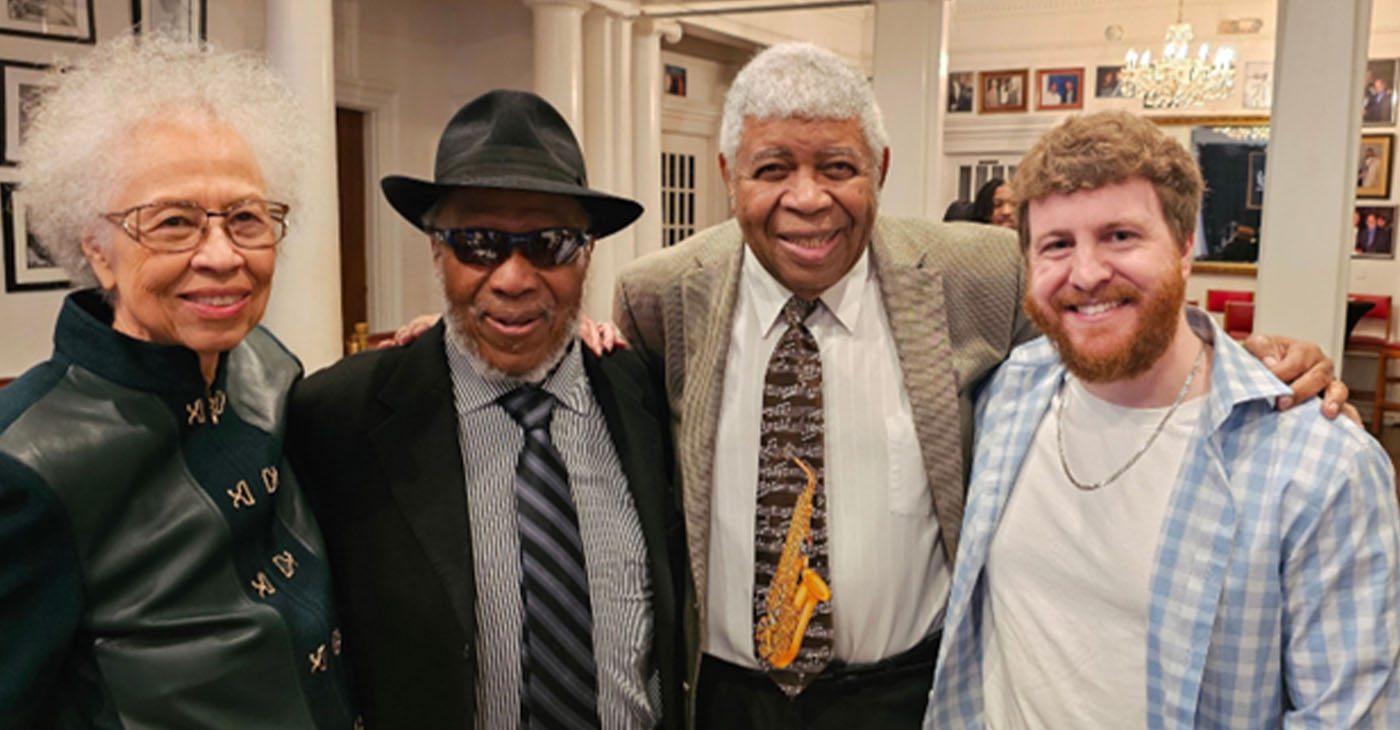Arts and Culture
What We Do for Art and Democracy
I’m in New York again for a return engagement of Oakland resident Ishmael Reed’s “The Conductor,” his new play on the current state of race in America. Reed’s twist is that Blacks are running an underground railroad to help South Asian minorities under siege by whites in the Bay Area. Based on the recent San Francisco Board of Education and district attorney recalls, Reed turns real life into a “what if” satire to expose the racism at play.

By Emil Guillermo
I’m in New York again for a return engagement of Oakland resident Ishmael Reed’s “The Conductor,” his new play on the current state of race in America.
Reed’s twist is that Blacks are running an underground railroad to help South Asian minorities under siege by whites in the Bay Area. Based on the recent San Francisco Board of Education and district attorney recalls, Reed turns real life into a “what if” satire to expose the racism at play. It’s funny, provocative, and an example of how white supremacy has suppressed our sense of history. You’ll marvel at all the facts in the play you didn’t know about.
I play a conservative Fox News-type commentator. I know, a stretch. It’s a paid acting gig, but more of an honor to be in the 11th play by Reed. His five decades of literary artistry in drama, novels, poetry, and essays in the name of diversity and inclusion makes him worthy of a Nobel laureate in literature.
The show isn’t streaming over the internet, but it’s worth it to be in New York to see what could be the final production of “The Conductor,” at the Theater for the New City, 155 First Ave, Thursday to Saturday @8pm, Sundays @3pm through Sept. 10. https://ci.ovationtix.com/35441/production/1149771
The Untold Filipino American Story
While here, I’m also doing my own one-man show, “Emil Amok, Lost NPR Host: A Phool’s Filipino American History.”
In the show, I talk about my relatives’ reaction to me being a broadcaster on television, coming out of the same box as their favorite TV stars when I was on NBC local in San Francisco. To them, that’s where I worked—inside that box. Seeing an Filipino American on TV in 1980 was akin to witnessing an astronomical event. Sort of like the recent Blue Moon.
When my relatives, all hard-working immigrants from the Philippines who came to the U.S. between 1928 and 1975, saw me, they were all amazed.
“So, Emil, you just get on the camera, and you talk?” my Auntie Pacing would ask me. She worked in service jobs in hotels, restaurants, and hospitals all her life. “And you don’t have to clean up or anything? You just talk? That’s work?”
It was a foreign notion to her that Filipinos who came to America mostly to work in the fields in the 1920s and 1930s for 10 cents an hour could wear a suit, speak, and afford to pay the rent.
I think on Labor Day about how lucky I am to have done what I’ve done as a journalist. Something that my relatives a generation away weren’t able to pursue.
I call this iteration, “A Phool’s History of Filipino America,” because “phool” is how they spelled it at the Lampoon when I competed to be a member freshman year at Harvard. I had to explain why it wasn’t spelled, “Philippino.” And then they made me carry a pineapple around Harvard Yard.
A Latina friend paid me a compliment saying my show was akin to John Leguizamo’s “Latin American History for Morons.” Flattered by the comparison, you don’t have to be a moron to see my show! Check it out for yourself.
Two performances only, Sept. 6 @7pm, and Sept. 14 @9:30pm (all times ET). https://www.frigid.nyc/event/6897:499/
This one you can livestream from Hawaii, Europe, Rockridge. Anywhere. It’s better in person, where we can exchange our humanness. But get a livestreamed ticket if you can’t be in New York’s Under St. Marks Theater in the East Village (94 St. Marks Place, NYC)
One Last Labor Worth Considering
So, there’s what we do for money and for love. What do we do for democracy?
And so, we must not forget the nitt- gritty work done by election workers everywhere. The unsung heroes. They don’t get paid all that much. But they do important work. How do voters get information? Translated materials? How do ballots get distributed, sorted, then counted?
If you ever doubted the value of election workers, just look at Ruby Freeman and her daughter Shaye Moss. You met them during their testimony at the Jan. 6 Committee hearings in Washington last year.
They were stand-ins for average Americans like you and me.
Freeman and Moss were accused by Rudy Giuliani of nefarious deeds aiding in the theft of an election against Trump.
The fals accusations wrecked Freeman’s life.
“I’ve lost my name, and I’ve lost my reputation,” Freeman testified. “I’ve lost my sense of security. All because a group of people, starting with No. 45, and his ally, Rudy Giuliani, decided to scapegoat me and my daughter, Shaye.”
Giuliani is one of 18 co-conspirators in the organized racketeering case in Georgia accused of attempting to subvert democracy.
In a separate case, Freeman has sued Giuliani for defamation, calling him out for spreading lies about her and her daughter.
Last week, Giuliani conceded the facts of the case, which means the court will only consider the damages at the next hearing.
And right now, Michael Gottlieb, the lawyer for Freeman and Moss, told CNN the damages could be “tens of millions of dollars.”
“You heard me correctly,” said Gottlieb to a CNN anchor. “It is our expectation that we’ll be able to prove tens of millions of dollars in compensatory damages before you get punitive damages in a case that we will present to the jury.”
When people like Giuliani defame and lie about election workers in a brazen attempt to steal an election, there must be a stiff price to pay.
When you find yourself ever confused by all the legal proceedings over the Trump indictments, just remember Freeman and Moss and what they endured to protect our democracy.
No one should doubt the heart of patriotism in our community.
# # #
NOTE: I will talk about this column and other matters on “Emil Amok’s Takeout,” my AAPI micro-talk show. Live @2p Pacific. Livestream on Facebook; my YouTube channel; and Twitter. Catch the recordings on www.amok.com.
Arts and Culture
Kedrick Armstrong: New Music Director for the Oakland Symphony
The Oakland Symphony Announced Kedrick Armstrong as its Next Music Director. In addition to conducting the orchestra’s public concerts, Armstrong will also actively participate in the Oakland Symphony’s many education and community engagement programs, designed to inspire a love of music in people of all ages.

By Post Staff
The Oakland Symphony Announced Kedrick Armstrong as its Next Music Director.
In addition to conducting the orchestra’s public concerts, Armstrong will also actively participate in the Oakland Symphony’s many education and community engagement programs, designed to inspire a love of music in people of all ages.
Armstrong is the successor to previous music director and Conductor Michael Morgan, who passed away in 2021 after a 30-year tenure at the Symphony.
Armstrong will open the Oakland Symphony 2024-2025 season on October 18.
Armstrong, who is 29 and hails from Georgetown, South Carolina, is currently the creative partner and principal conductor of the Knox-Galesburg Symphony.
The Chicago Tribune has praised Armstrong for his ability to “simply let the score speak for itself.” He enjoys a wide range of repertoire, spanning early music to premiering new works, using his joy and curiosity for all music to cultivate understanding and collaboration within diverse communities.
“I am deeply honored and grateful for the opportunity to serve as the new music director of the Oakland Symphony,” Armstrong said. “As a Black conductor, I find it humbling to stand on the shoulders of both Michael Morgan and Calvin Simmons,” the most recent and the first African American music directors of the Symphony, respectively.
Armstrong led three programs at the Symphony between 2022 and early 2024, which showcased his broad knowledge of the classical repertoire and enthusiasm for spotlighting diverse voices.
On his Oakland Symphony subscription debut on Feb. 16, Armstrong led the world premiere of “Here I Stand: Paul Robeson,” an oratorio by Carlos Simon on a libretto by Dan Harder, commissioned by the Oakland Symphony.
Armstrong was selected unanimously by the Oakland Symphony’s board of directors and musicians after an extensive two-year search. “The search committee was overwhelmed by Kedrick’s scholarship and curiosity about all kinds of music, from classical and jazz to gospel and hip-hop,” said. Dr. Mieko Hatano, executive director of the Oakland Symphony. “We are thrilled to have him join us at the Oakland Symphony.”
Arts and Culture
Faces Around the Bay Dr. Carl Blake, Pianist
Born in Liberty, Missouri, Carl Blake, a virtuoso and respected pianist, made his most recent migration to the East Bay in 1999. One might have seen him performing recently at Noontime Concerts in San Francisco, or at the Piedmont Center for the Arts in Oakland. He is Director of Music at The Church for the Fellowship of All Peoples in San Francisco. He was also co-organizer and collaborative pianist at Herbst Theater for The Majesty of the Spirituals concert in 2022 and has held several church positions in the Bay Area.

By Barbara Fluhrer
Born in Liberty, Missouri, Carl Blake, a virtuoso and respected pianist, made his most recent migration to the East Bay in 1999.
One might have seen him performing recently at Noontime Concerts in San Francisco, or at the Piedmont Center for the Arts in Oakland. He is Director of Music at The Church for the Fellowship of All Peoples in San Francisco. He was also co-organizer and collaborative pianist at Herbst Theater for The Majesty of the Spirituals concert in 2022 and has held several church positions in the Bay Area.
Blake obtained a Bachelor of Music from Boston University and continued post-baccalaureate studies in Jamaica before earning a Master of Arts in Music at San Jose State University. He was the recipient of two Fulbright residencies in Honduras and completed a third residency at the University of St. Petersburg in Russia. He has a Doctor of Musical Arts from Cornell University.
At age 19, Blake, then an undergraduate piano major at Boston University, was “discovered” by Impresario Dr. W. Hazaiah Williams, who is the Founder and Director of Today’s Artists/Four Seasons Arts.
Williams honored Blake by awarding him the first Marian Anderson Young Artist Award. Anderson personally presented the award at the Masonic Auditorium in S.F. Subsequently, Blake was presented by Dr. Williams in his San Francisco debut at The Herbst Theatre. Williams subsidized a year of study abroad for Blake at the Paris Conservatory of Music. Additionally, Williams sponsored Blake’s New York Weill Hall debut, where he has performed twice since. Blake performed several times at the Yachats Music Festival in Oregon.
Blake continues to perform nationally and abroad. His hobbies are reading, baking and travel. He says, “I’m still pumping ivories, as Belgian pianist Jeanne Stark described the disciplined practice of concert piano.”
Arts and Culture
Oakland Jazz Great Offers Master Class as City Declares “John Handy Day”
World-renowned jazz master saxophonist John Handy, a McClymond’s High School graduate, was presented with a Mayor of Oakland Proclamation declaring Feb. 12, as John Handy Day in the city. Handy is most notably known as the featured saxophonist for Charles Mingus on “Goodbye Pork Pie Hat” from the album “Mingus Ah Um” (1959) and on “Hard Work” from his own album “Hard Work” (1976).

By Conway Jones
World-renowned jazz master saxophonist John Handy, a McClymond’s High School graduate, was presented with a Mayor of Oakland Proclamation declaring Feb. 12, as John Handy Day in the city.
Handy is most notably known as the featured saxophonist for Charles Mingus on “Goodbye Pork Pie Hat” from the album “Mingus Ah Um” (1959) and on “Hard Work” from his own album “Hard Work” (1976).
“John Handy is a jazz icon and an inspiration to musicians everywhere,” said Ayo Brame, a 16-year-old Oakland tenor saxophone player who is enrolled at the Oakland School for the Arts.
In celebration of this day, the reception in downtown Oakland at Geoffrey’s Inner Circle was a gathering of artists, young and old, coming together in his honor and celebrating his 91st birthday.
Handy presented a Saxophone Colossus free masterclass for musicians. This class afforded a rare opportunity to learn about the saxophone from an aficionado. The class was free and open to all – saxophonists, vocalists, aficionados, students, and casual listeners.
“As a longtime friend for over 60 years, and fellow musician who has had numerous opportunities to share the stage with John, it has always been a pleasure performing with him and hearing his creative interpretations of the music and his gift of ease inspiring the next generation of jazz musicians,” said Roger Glenn, a multi-instrumentalist.
-

 Activism4 weeks ago
Activism4 weeks agoOakland Post: Week of March 27 – April 2, 2024
-

 #NNPA BlackPress4 weeks ago
#NNPA BlackPress4 weeks agoBeloved Actor and Activist Louis Cameron Gossett Jr. Dies at 87
-

 Community1 week ago
Community1 week agoFinancial Assistance Bill for Descendants of Enslaved Persons to Help Them Purchase, Own, or Maintain a Home
-

 Activism3 weeks ago
Activism3 weeks agoOakland Post: Week of April 3 – 6, 2024
-

 Business2 weeks ago
Business2 weeks agoV.P. Kamala Harris: Americans With Criminal Records Will Soon Be Eligible for SBA Loans
-

 Activism2 weeks ago
Activism2 weeks agoOakland Post: Week of April 10 – 16, 2024
-

 Community2 weeks ago
Community2 weeks agoAG Bonta Says Oakland School Leaders Should Comply with State Laws to Avoid ‘Disparate Harm’ When Closing or Merging Schools
-

 Community7 days ago
Community7 days agoOakland WNBA Player to be Inducted Into Hall of Fame






















































